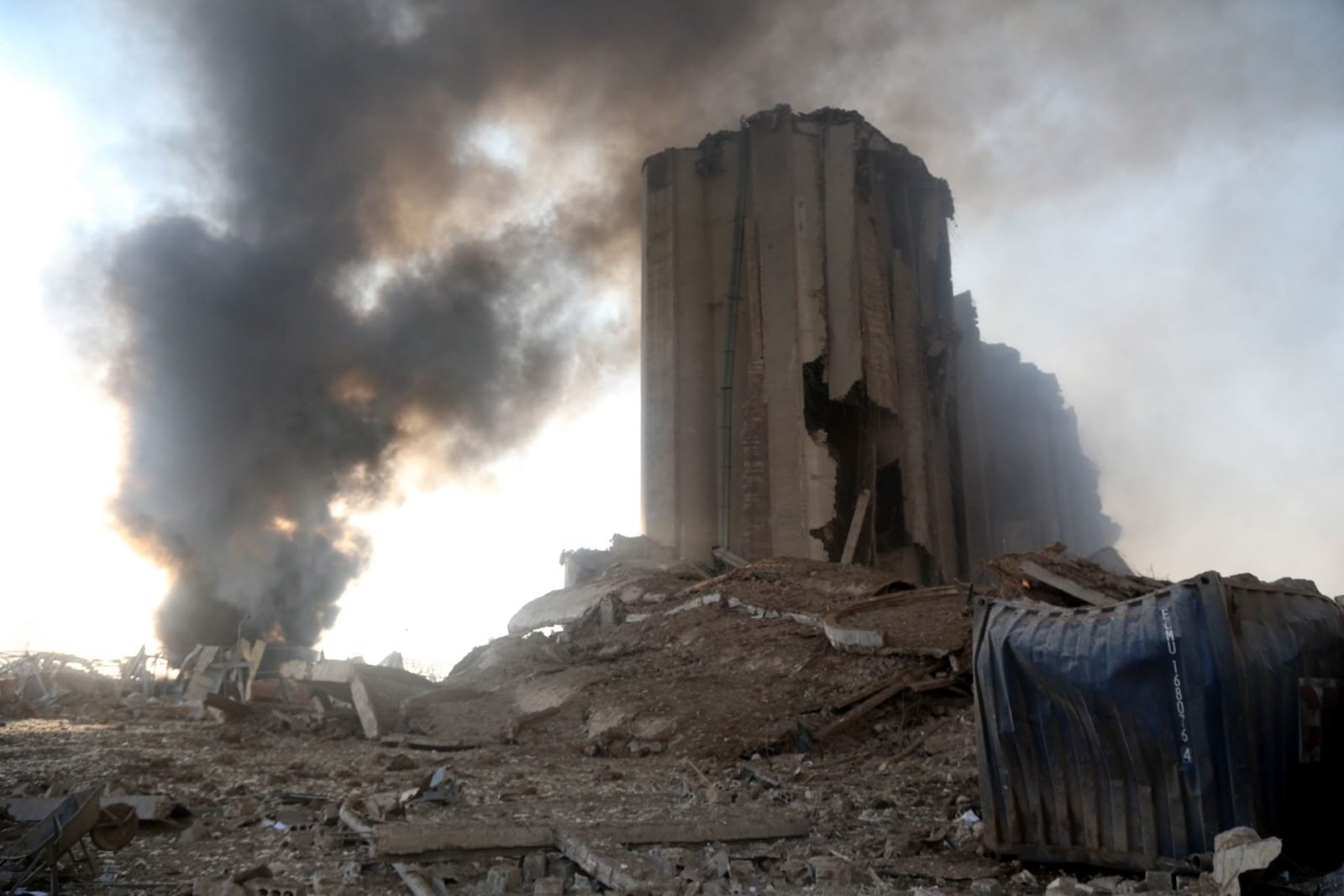World leaders have rushed to offer support to Lebanon following an enormous explosion in Beirut on Tuesday that killed at least 50 people and wounded more than 2,700.
The cause of the explosion at the Lebanese capital is not immediately clear, but Lebanon’s internal security chief Abbas Ibrahim said the port area of the city, where the explosion took place, housed highly inflammatory materials.
Two massive blasts sent ripples through the city, and flattened much of the port area.
Plumes of smoke covered the sky as a giant mushroom cloud towered over the area.
Lebanon’s Prime Minister Hassan Diab urged “friendly countries” to provide assistance. “I am sending an urgent appeal to all countries that are friends and brothers and love Lebanon, to stand by its side and help us treat these deep wounds,” he said in a televised address.
Greek Prime Minister Kyriakos Mitsotakis was among the first to send his condolences to the Lebanese people, assuring them that Greece would extend support to help the country. He Tweeted his “deepest condolences”, especially to the families who have suffered losses.
On behalf of the Greek people, I want to express my deepest condolences to the people of Lebanon, especially to the families who have suffered losses, and wish a speedy recovery to the wounded. Our thoughts are with you.
Greece stands ready to provide any assistance needed.
— Prime Minister GR (@PrimeministerGR) August 4, 2020
The Greek Foreign Affairs Ministry expressed Greece’s deep sorrow and solidarity, while Greek Deputy Civil Protection Minister Nikos Hardalias wrote on social media to state that Greece had already contacted the European Mechanism of Civil Protection to express its readiness to help.
Greek Minister of Foreign Affairs Nikos Dendias spoke with Mr Diab, to express Greece’s readiness to assist the Lebanese authorities.
Diplomatic sources say the Greek embassy in Lebanon suffered minor structural damage, but all embassy staff is in fine health. There is no information about Greek citizens who are among the dead or injured.
READ MORE: Greek researchers shed light to Lebanon’s past

An injured man walks at the explosion scene that hit the seaport, in Beirut Lebanon, Photo: AAP via AP

Smoke rises near a destroyed grain silo. Photo: AAP
In a message to Greek citizens in Lebanon who might have been affected by the explosions in the port of Beirut, the Ministry said they can contact the Greek embassy at 00961 78990315 and 00961 81507061, as well as the Crisis Management Unit of the Ministry of Foreign Affairs at +30-210-3681730, e-mail kt@mfa.gr.









